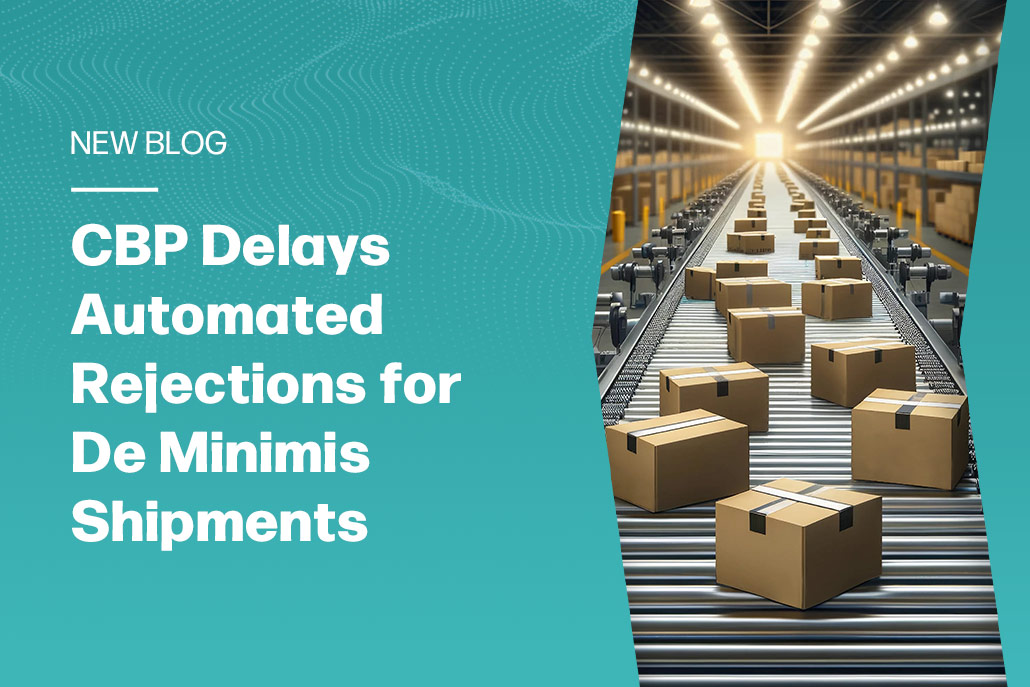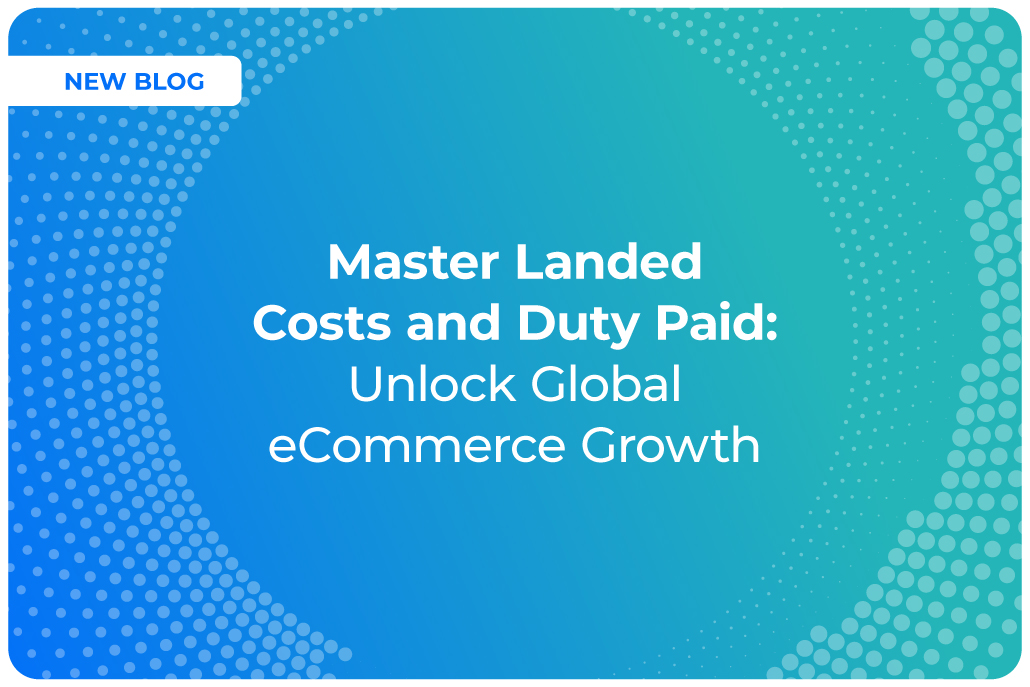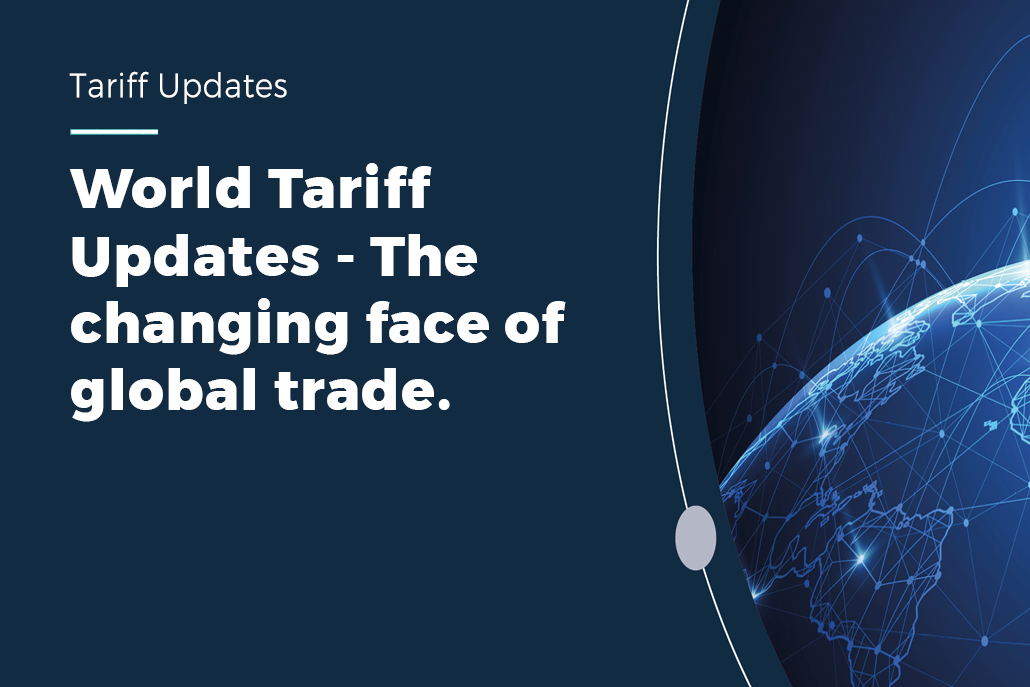U.S. Customs and Border Protection (CBP) has announced a significant delay in the deployment of its automated rejection system for de minimis $800 threshold under 19 U.S.C. § 1321.
Originally set for September 28, 2024, the enforcement mechanism will now be introduced in two phases, starting with a warning flag on January 11, 2025.
Full automation of rejections will follow no sooner than 30 days after the warning flag is deployed. CBP received input from the trade community and has deferred the deployment.
What Does This Mean for Shippers?
For shippers, this delay presents both a challenge and an opportunity:
- Temporary Relief: The postponement gives shippers additional time to adjust to the upcoming enforcement changes. This is especially critical for those who frequently deal with low-value shipments under the de minimis rule.
- Data Preparation: With the warning flag system going live in January, shippers have a crucial window to ensure their data is accurate and compliant. Any discrepancies in shipment values or misclassification could trigger the warning flag, leading to potential disruptions when the full automation kicks in.
- Avoid Future Delays: Once the automated rejections are in place, non-compliant shipments will be automatically stopped, potentially causing delays in delivery and increased costs. Shippers should use this time to refine their data processes, ensuring that all shipments under the $800 threshold are correctly documented.
CBP’s Commitment
CBP is actively working with the trade community to ensure that the new automation process doesn’t hinder the legitimate flow of goods. The agency’s goal is to balance strict enforcement with minimal disruption to supply chains, particularly as eCommerce continues to grow.
Next Steps for Shippers
Now is the time for shippers to get their data in order. Ensuring compliance before the automated rejection system is fully implemented will be key to avoiding future delays and complications.
Shippers should review their processes, correct any potential issues, use of technology and stay informed on further CBP updates.
About Hurricane
Hurricane is the world-leader in data solutions that help to power global trade.
Our unique, game-changing Kona API covers the critical areas of data validation, duty and tax calculation, prohibited and restricted goods screening and denied parties screening.
Kona’s modular nature means that customers can either take all of Hurricane’s services or prioritise the ones which are most urgent in ensuring a secure and seamless supply chain.
Contact our team today to find out more.













